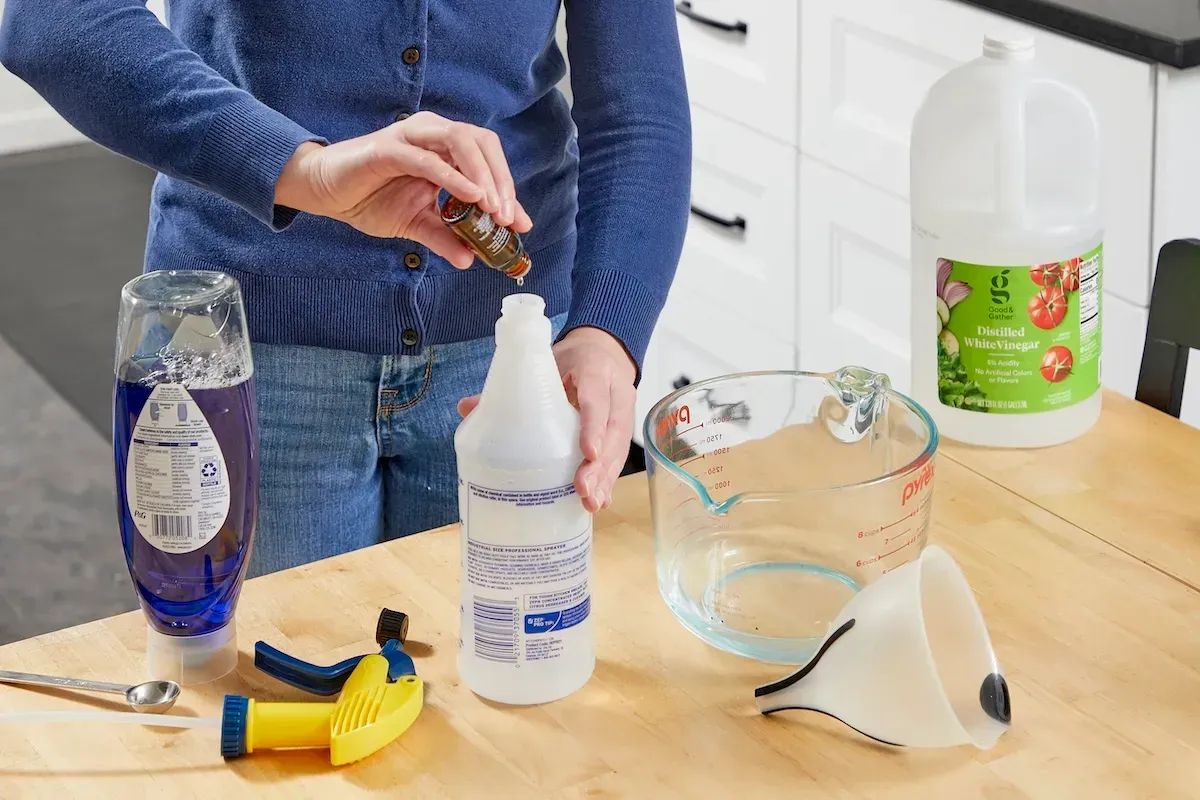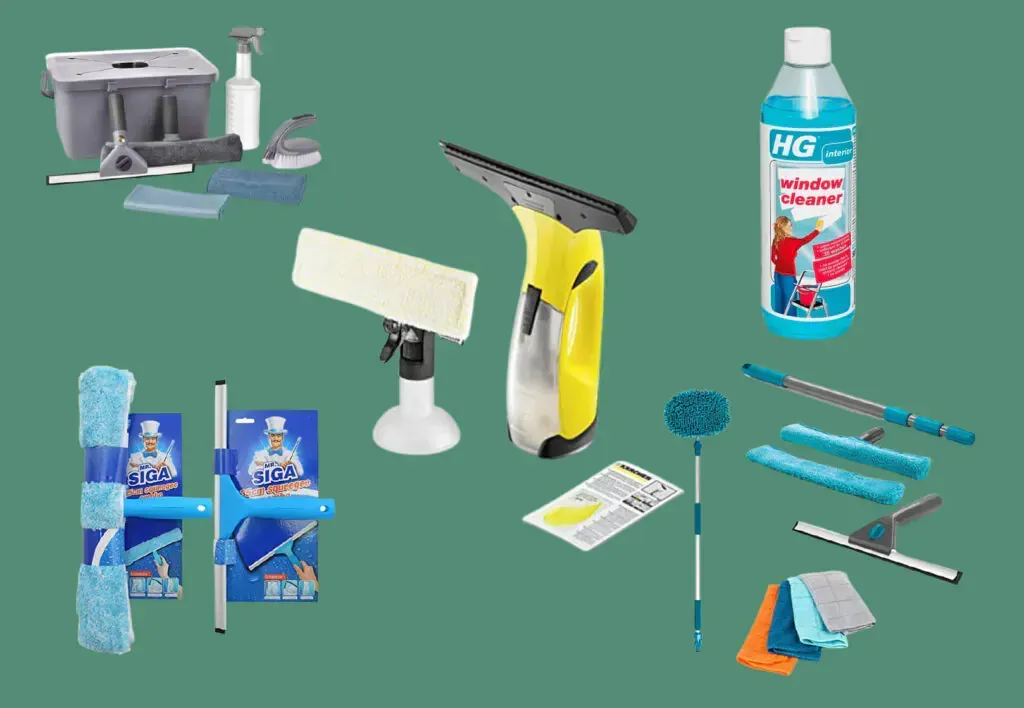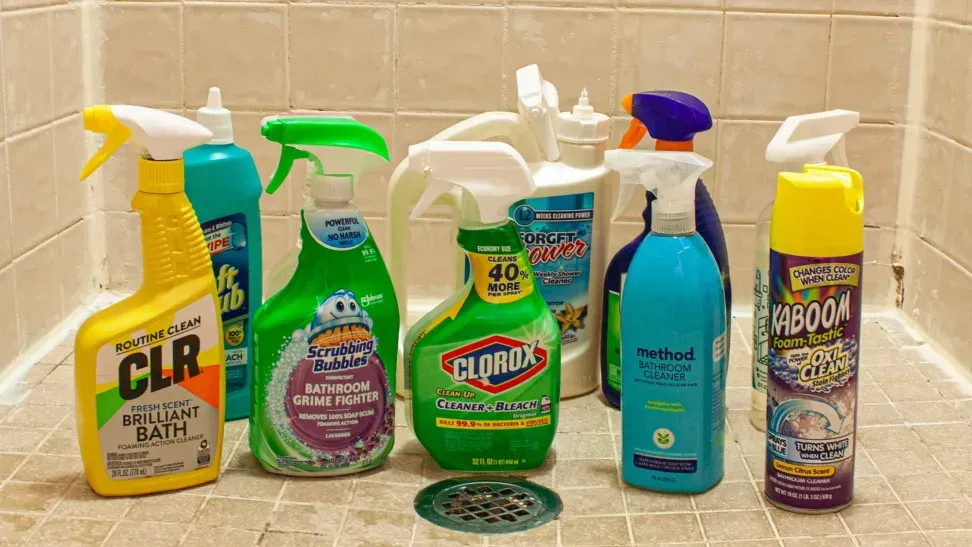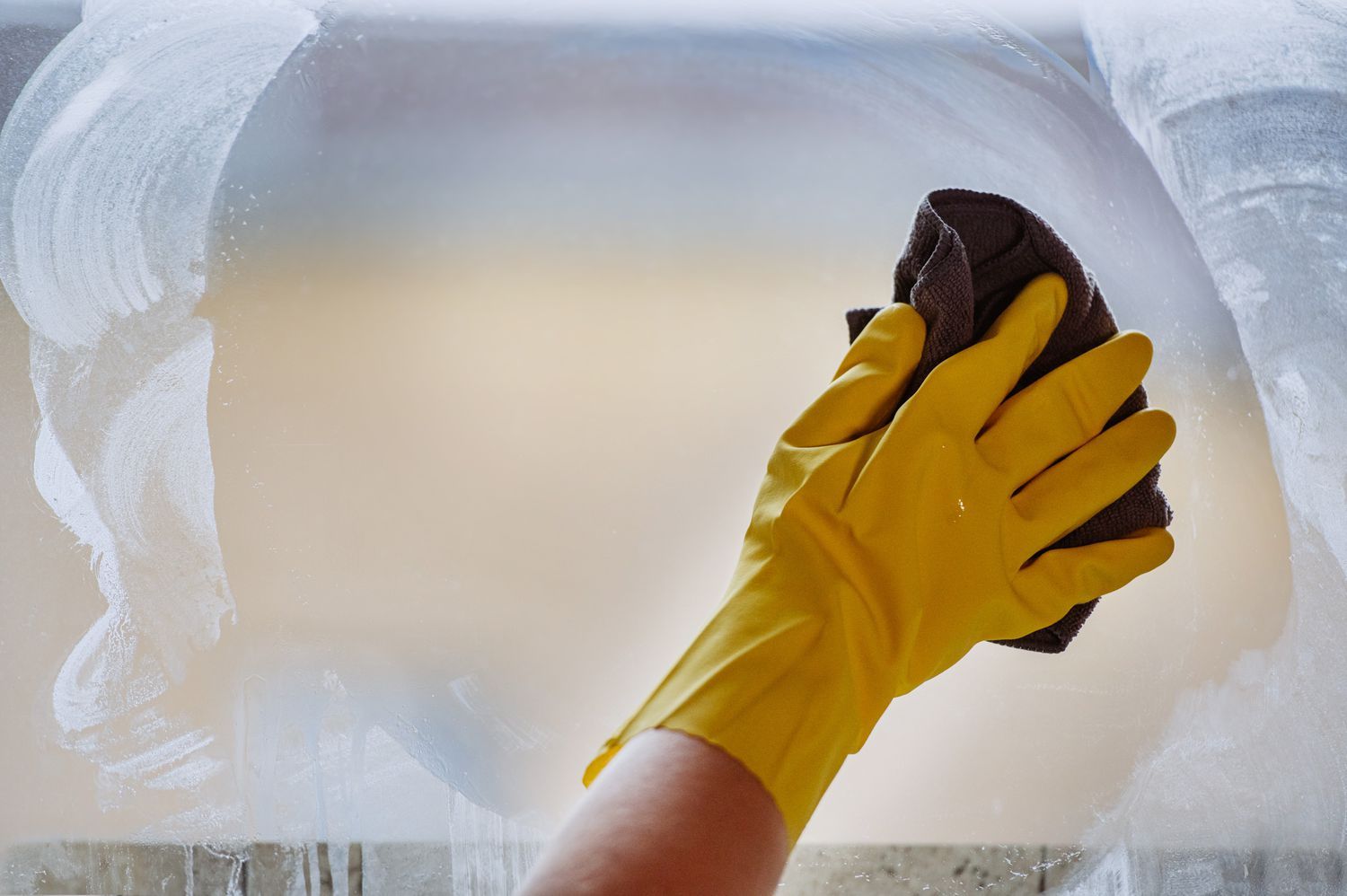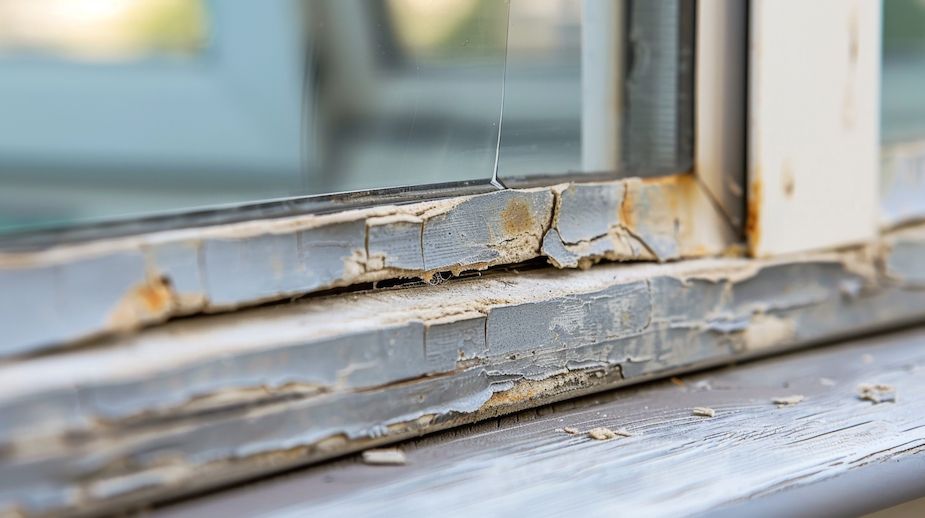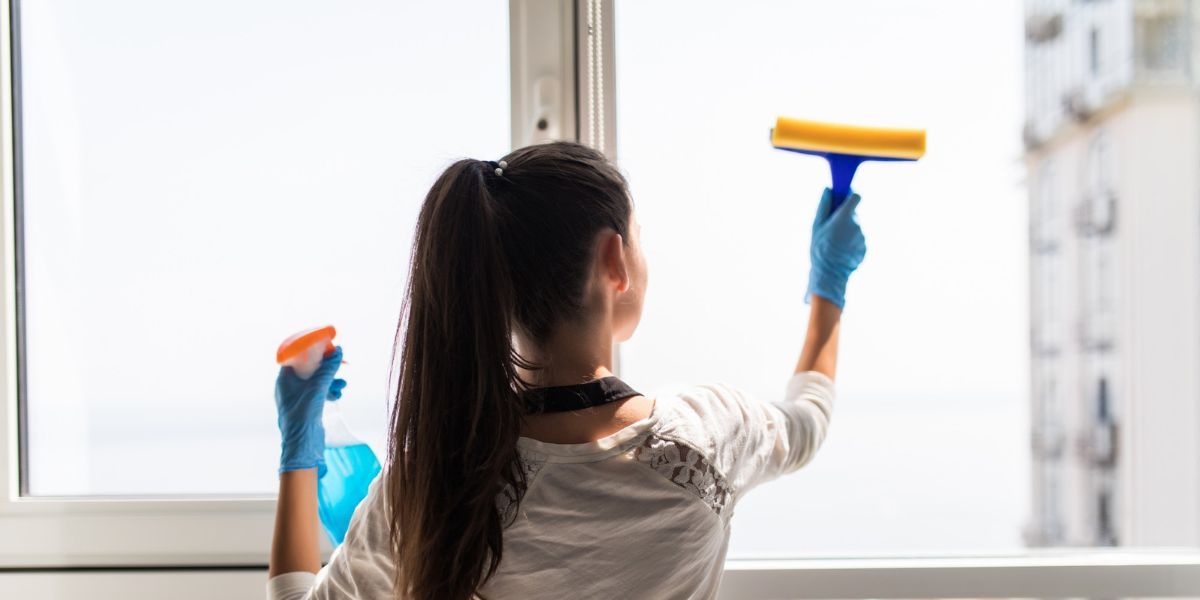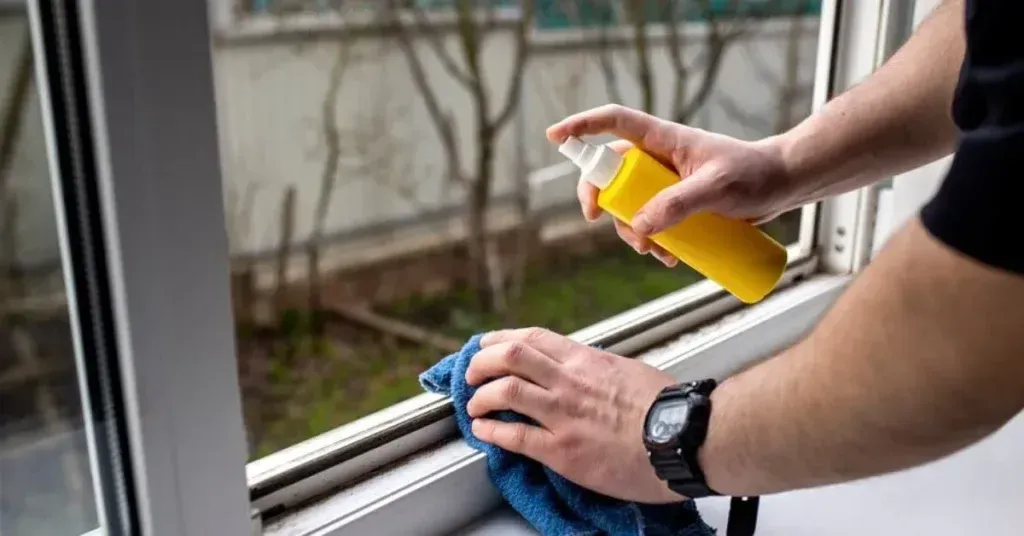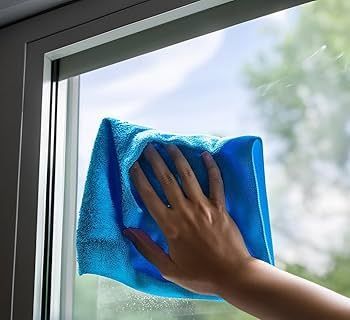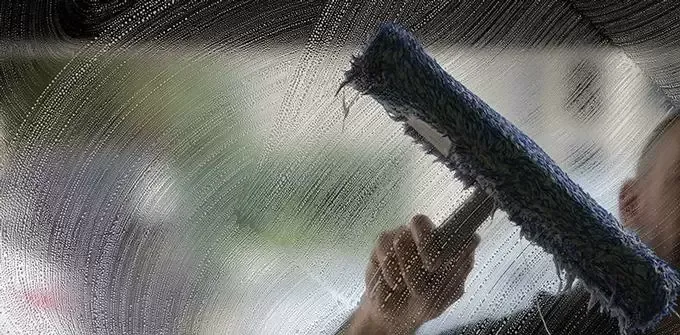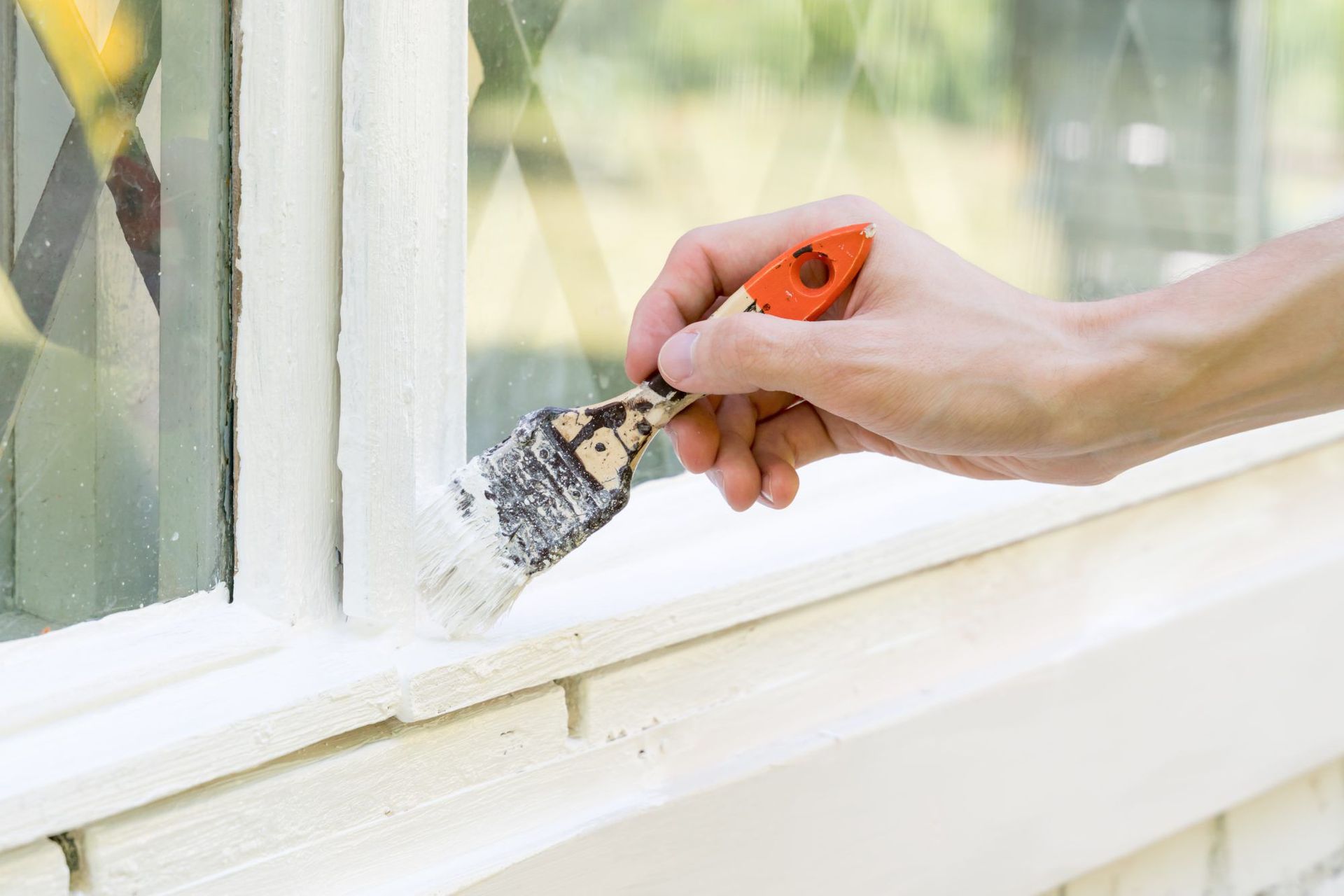Can You Use Alcohol as a Window Cleaner? Pros and Cons
Clean windows not only enhance the aesthetics of a home or office but also improve visibility and allow natural light to shine through, creating a bright and welcoming environment. While many people rely on commercial window cleaners, others turn to DIY solutions, such as alcohol, as an alternative. But is alcohol an effective window cleaner?
What Is Alcohol-Based Window Cleaning?
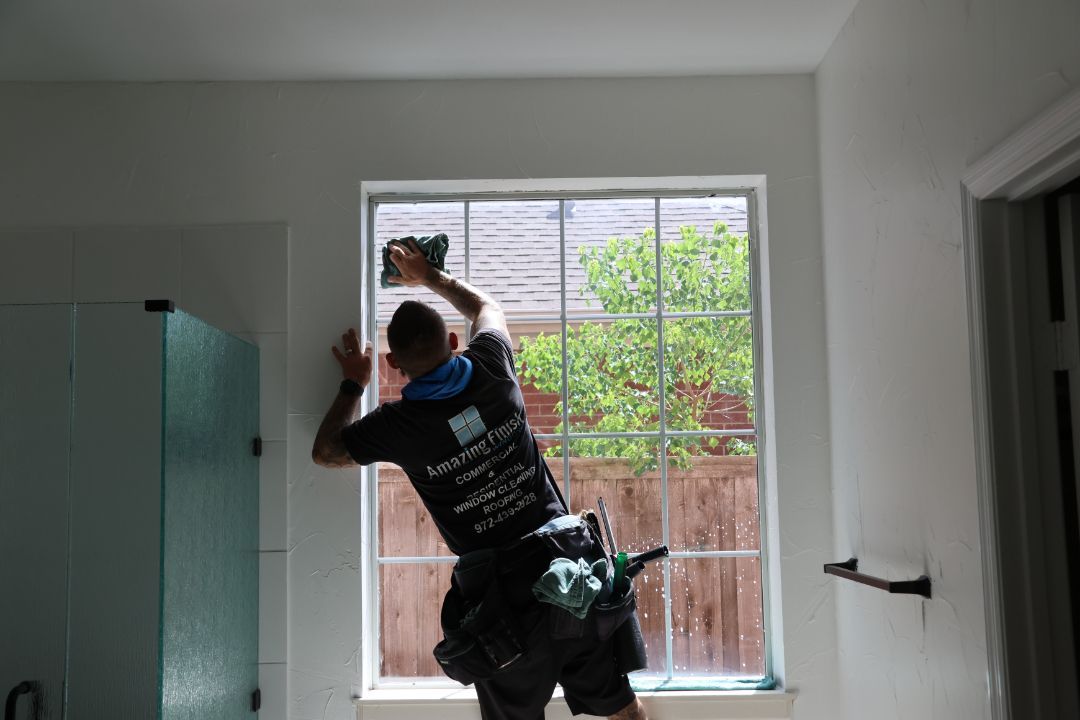
Alcohol-based window cleaning involves the use of isopropyl or rubbing alcohol mixed with water or other ingredients to clean glass surfaces. Isopropyl alcohol is a common household disinfectant known for its ability to cut through grime, grease, and stubborn residues.
Why Consider Alcohol for Window Cleaning?
Alcohol is often praised for its quick evaporation and streak-free finish, making it a popular ingredient in DIY and professional cleaning solutions. Additionally, it has disinfectant properties, making it a dual-purpose cleaner for hygiene-conscious users.
Pros of Using Alcohol as a Window Cleaner

1. Effectiveness in Removing Grime and Grease
Alcohol is highly effective at breaking down grease and grime. Its strong solvent properties can tackle stubborn stains, fingerprints, and smudges, leaving your windows sparkling clean. For even tougher residues like adhesive or paint splatters, some homeowners also consider Acetone for Cleaning Windows as an alternative, though it requires careful handling to avoid damage.
2. Streak-Free Finish
One of alcohol’s most notable benefits is its quick evaporation rate. Unlike water-based cleaners that may leave streaks or spots if not wiped promptly, alcohol evaporates rapidly, ensuring a clear and streak-free result.
3. Disinfectant Properties
In addition to cleaning windows, alcohol has antibacterial and antifungal properties. This makes it an excellent choice for disinfecting high-touch glass surfaces, such as doors and partitions.
4. Cost-Effectiveness and Availability
Isopropyl alcohol is widely available and relatively inexpensive. A small bottle can go a long way, especially when diluted with water for cleaning purposes.
5. Environmentally Friendly
Alcohol-based solutions typically have fewer harmful chemicals compared to some commercial cleaners. This makes them a more environmentally friendly choice for eco-conscious individuals.
Cons of Using Alcohol as a Window Cleaner
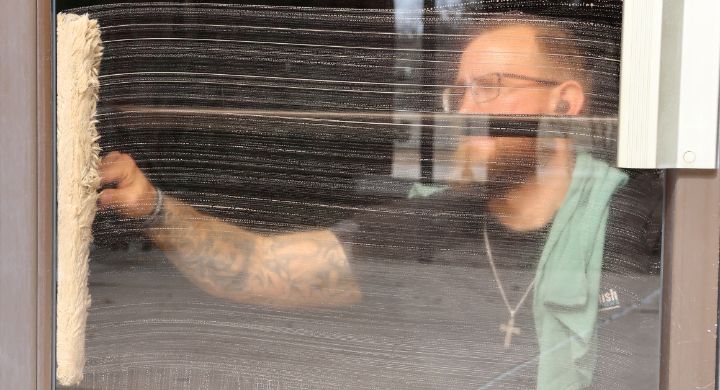
1. Potential Damage to Window Frames or Tints
If alcohol comes into contact with certain materials, such as painted or varnished window frames, it may cause discoloration or damage. Additionally, alcohol can degrade tinted films on windows over time. To ensure you’re using the right methods, check out our guide on Cleaning Tinted Windows Safely for expert tips on preserving window tint while maintaining a streak-free finish.
2. Safety Concerns Due to Flammability
Isopropyl alcohol is highly flammable. Improper use or storage can pose a fire hazard, especially in poorly ventilated areas or near heat sources.
3. Possible Skin Irritation
Direct contact with alcohol can irritate sensitive skin. It is advisable to wear gloves when handling alcohol-based solutions to avoid dryness or irritation.
4. Strong Odor
Some people find the smell of alcohol unpleasant. While it dissipates quickly, the initial odor can be overpowering, particularly in enclosed spaces.
How to Use Alcohol for Window Cleaning

Step-by-Step Guide
- Prepare the Solution:
- Mix one part isopropyl alcohol with three parts water. For enhanced cleaning power, add a few drops of dish soap.
- Test on a Small Area:
- Before applying the solution to the entire window, test it on a small, inconspicuous area to ensure compatibility with the surface.
- Apply the Solution:
- Use a spray bottle to evenly distribute the solution on the window.
- Wipe with a Microfiber Cloth:
- Gently wipe the window using a microfiber cloth or squeegee to remove dirt and moisture. This ensures a streak-free finish.
- Dry Thoroughly:
- Allow the window to air dry or use a clean, dry cloth to remove any remaining moisture.
Safety Precautions
- Ensure proper ventilation when using alcohol.
- Keep alcohol away from open flames or heat sources.
- Store alcohol in a cool, dry place, out of reach of children and pets.
Alternatives to Alcohol-Based Window Cleaners
While alcohol is effective, it’s not the only option. Here are some alternatives:
1. Vinegar and Water Solution

A mixture of equal parts vinegar and water is a natural and effective window cleaner. Vinegar cuts through grime and leaves a streak-free shine. If you're dealing with stubborn issues like acid rain spots, check out our guide on How to Remove Acid Rain Spots Easily. Additionally, if your windows are still foggy or drafty after cleaning, it might be time to look for signs windows need resealing to address underlying seal issues.
2. Commercial Glass Cleaners
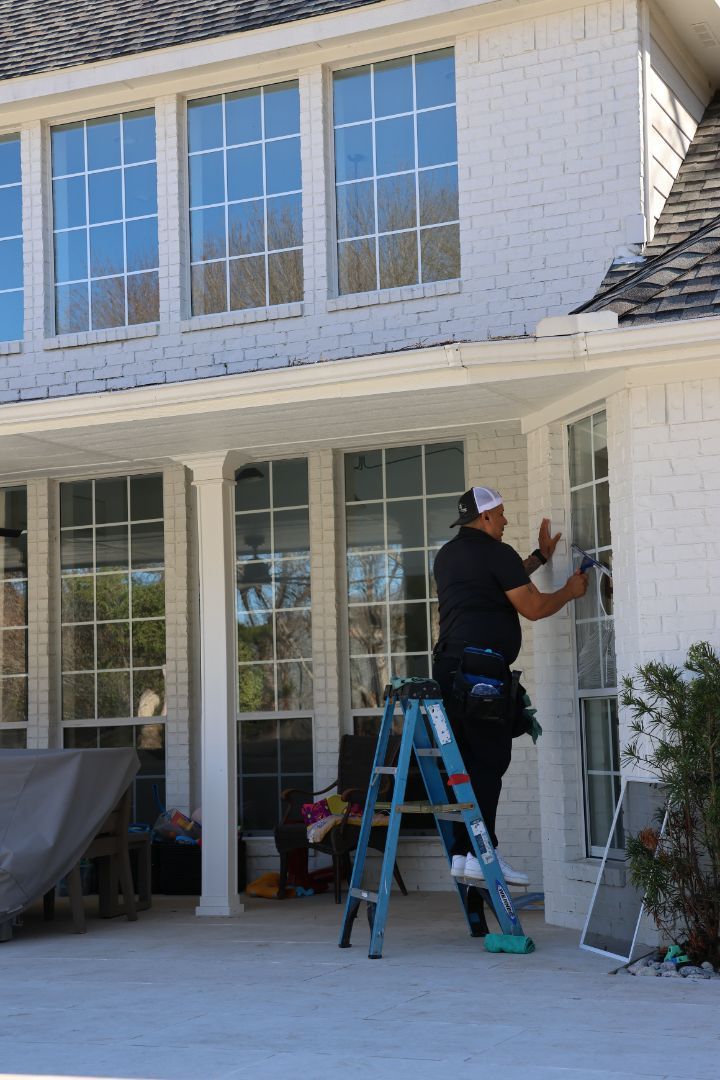
Products like Windex are specifically formulated for glass cleaning. They often contain surfactants and anti-streak agents for optimal results.
3. Baking Soda Paste

For tough stains, a paste made from baking soda and water can work wonders. It’s gentle on surfaces and free from harsh chemicals.
4. Soap and Water

A simple solution of dish soap and warm water is an affordable and easy-to-make cleaner for general glass cleaning.
Conclusion
So, can you use alcohol as a window cleaner? The answer is yes, but it comes with both advantages and drawbacks. Alcohol is effective, quick-drying, and cost-efficient, making it an excellent choice for many cleaning scenarios. However, safety precautions and potential damage to certain materials should not be overlooked. By weighing the pros and cons, you can decide whether alcohol-based cleaning solutions are the right choice for your needs.


